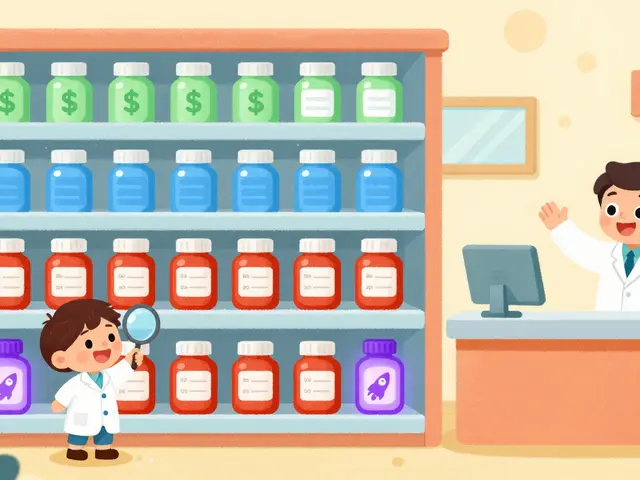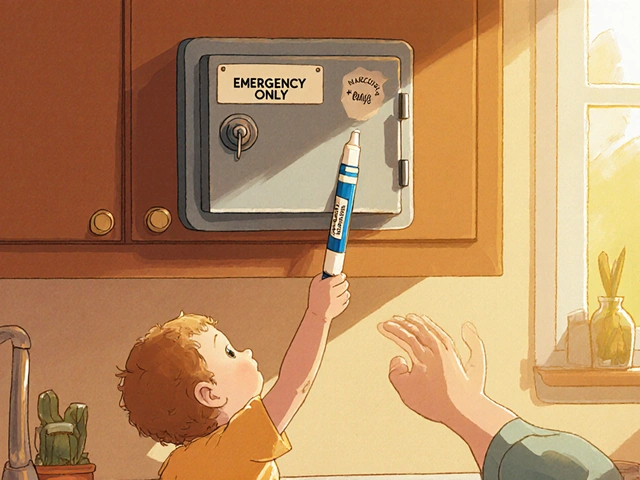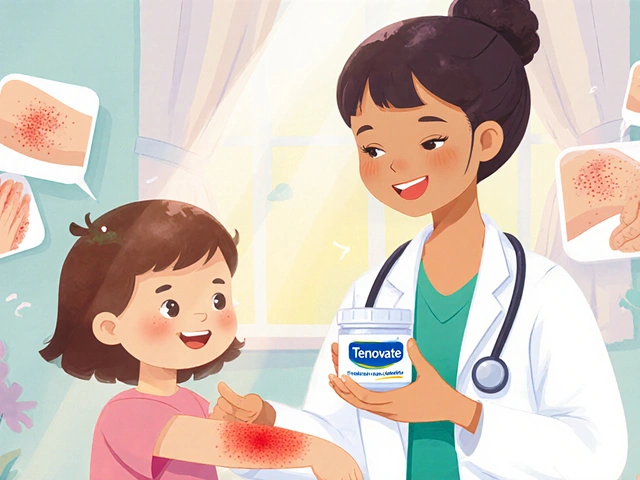Colitis Diet: What to Eat and What to Avoid
Colitis can flare suddenly, and changing what you eat often changes how you feel. This page gives clear, practical advice on foods to try, foods to avoid, hydration, portion size, and simple meal ideas. Read it to make quick, useful changes rather than follow strict rules. First, know whether you are in a flare or in remission because the diet is different. During a flare choose low-residue, low-fiber, bland foods that are easy to digest and less likely to irritate the colon. When symptoms ease, add fiber back slowly so you regain normal bowel habits and tolerance.
Foods to Avoid During a Flare
Skip raw vegetables with skins, seeds, corn, popcorn, whole nuts, and dried fruit because they can lodge in the colon and worsen cramps. Limit bran, high-fiber cereals, and whole grains like brown rice until you are stable. Avoid spicy food, large fatty meals, caffeine, and alcohol since they often trigger urgency or pain. Dairy may cause problems if you are lactose intolerant, so test lactose-free options first.
Foods That Can Help
Go for cooked, peeled vegetables like carrots, peeled zucchini, and potatoes because cooking softens fibers and eases digestion. White rice, plain pasta, mashed potatoes, and well-cooked skinless chicken or fish are gentle and provide calories. Small amounts of smooth nut butter and ripe banana can be tolerated when you need calories. Yogurt with live cultures may help some people; introduce it in small servings and watch how you feel. Hydration is vital because diarrhea drains fluids and salts; sip broths, water, or oral rehydration drinks rather than sugary sodas. Eat smaller meals more often, chew slowly, and avoid lying down right after eating to reduce reflux and cramping. Keep a food diary that records what you ate, portion size, time, and any symptoms so you can spot patterns quickly. When reintroducing foods, try one new item every three to five days while symptoms remain stable. Supplements like a daily multivitamin or vitamin D help if blood tests show low levels, but discuss with your gastroenterologist before starting. Also ask your doctor about iron if you have ongoing bleeding or fatigue. Seek immediate care for severe belly pain, fever, heavy bleeding, or rapid weight loss. Diet changes help many people but should work alongside medical treatment that reduces inflammation and heals the colon. Build a personal plan by testing foods, tracking results, and adjusting portion sizes until you find what keeps symptoms low. Small, steady changes often make daily life easier and help you avoid surprise flares. Try blending soups and purees during bad days so you get nutrients without chewing or irritating the gut. Experiment with low-FODMAP choices if you still have bloating; some people with colitis also react to fermentable carbs. Work with a registered dietitian who knows IBD to create meal plans that meet calories and nutrition while avoiding triggers. Keep realistic goals, and give each change at least two weeks before judging results because the gut can be slow to respond. Start today.




